Infants and young children need regular doctor visits to track their growth and to complete their vaccinations. But this can get tricky to keep a track of since parents are always on their toes. Pediatricians will give you a copy of a vaccination record, but it’s up to you to regularly check it. Whether it’s because you forgot, or for another reason entirely, a delayed vaccination is never an ideal situation. Keep reading further to understand how a delayed vaccination can impact your child. Also learn why sticking to the immunization schedule is extremely important.
Why Is It Important To Follow The Recommended Vaccination Schedule?
The first and foremost reason why you should diligently follow an immunization schedule is that babies have an underdeveloped immune system. Along with breast milk and a balanced diet, they also need vaccinations for uncompromised mental and physical growth. There are separate vaccines for every disease. Your little one needs them all to be able to build immunity that can fight those germs and diseases.
Missing a vaccination can put your child at risk of contracting the disease that the vaccine would ideally, protect against. A delayed vaccination means making them susceptible to infections for longer periods. Diseases that are preventable by vaccines could range from mild to severe and even life-threatening. To avoid any compromises with your child’s health, you must stick to a vaccination schedule.
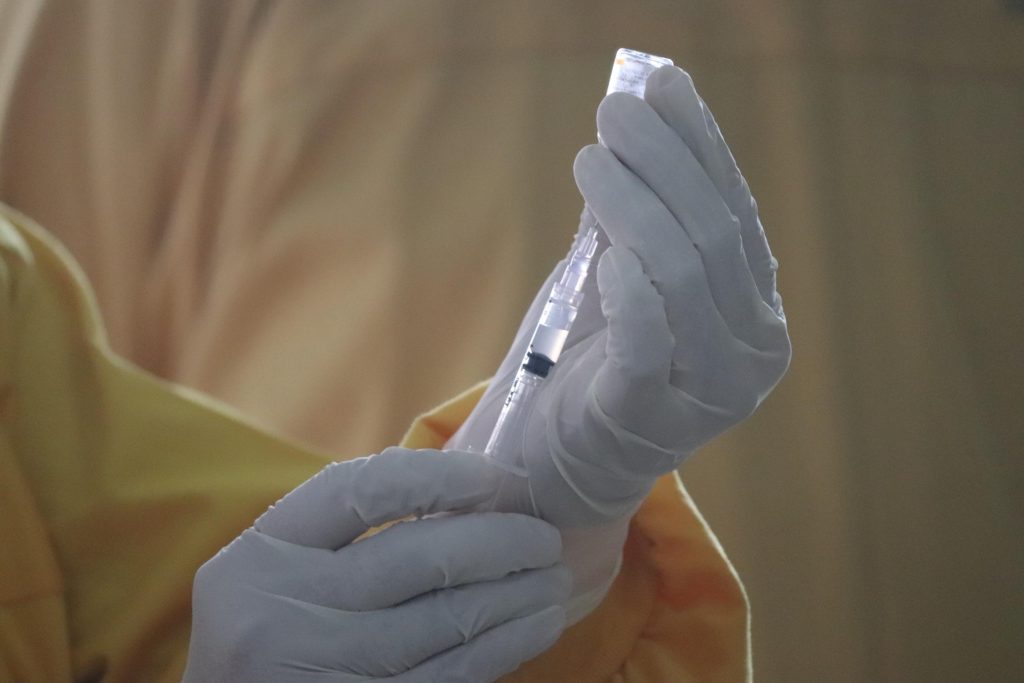
Taking vaccines as per the immunization schedule can help save your children from deadly diseases.
Doctors create and recommend immunization schedules to protect infants and young children early in life when they’re most vulnerable to contracting infections. It usually takes a few weeks for your baby to build protective disease-fighting antibodies after taking a vaccine. Doctors design the schedule in a way that children get their vaccinates before they are potentially exposed to vaccinate-preventable diseases. This helps in building the foundation blocks of your child’s health and immunity.
Unimmunized children are at a higher risk of contracting infections. Following the recommended vaccination schedule will also minimize your visits to your child’s health care provider as there are better chances for your child to build stronger immunity.
Can You Delay Or Space Out Your Child’s Vaccinations
There aren’t any known benefits of delaying or spacing out your child’s vaccinations, but this could surely involve a few risks. The longer your child remains unimmunized, the higher their chances of getting exposed to and contracting diseases. As a parent, you might want to space out your child’s vaccinations. One reason could be that they’re too young to get so many shots. But do keep in mind, this may leave your child more vulnerable to coming in contact with preventable diseases and infections.
Most people, especially children, don’t like the experience of poking needles. By delaying or spacing out your child’s vaccine, you’ll be increasing your visits to the health care provider, which may also increase your child’s risk of developing anxiety or needle fear. Therefore, it’s always better to stick to the recommended immunization schedule rather than trying to delay or space out vaccinations for your child on purpose.
Tips And Precautions To Avoid Delayed Vaccination
- By now, you’ve got some idea about the impact of delayed vaccination on your child. As a parent, you have to try your best to follow the immunization schedule as diligently as possible. You can help your child prepare for their vaccines so that it doesn’t come across as an unpleasant experience to them.
- As a new parent or even otherwise, you might be busy up with a lot of responsibilities together. And because of this you might miss out on your child’s vaccination date or appointment. Don’t let this become the reason for your child’s delayed vaccination. Make use of apps like ImmunifyMe that keep a digitized copy of all your child’s health records and send you timely notifications about any upcoming doctor visits or appointments. It also helps you keep a track of your child’s growth and development.
- Instead of waiting at the hospital for a longer duration, you should try and get an early appointment through a digital platform. This will also ensure that your child spends the least time in an unfamiliar environment. They will also be able to get done with their vaccinations in time.
- Some hospitals might even be able to facilitate your child’s vaccinations at home. Don’t miss or delay your child’s vaccination because you’re unable to physically visit a doctor. You can reach out to your doctor and figure out some alternative solution. You don’t need to skip or miss out on your child’s vaccine.
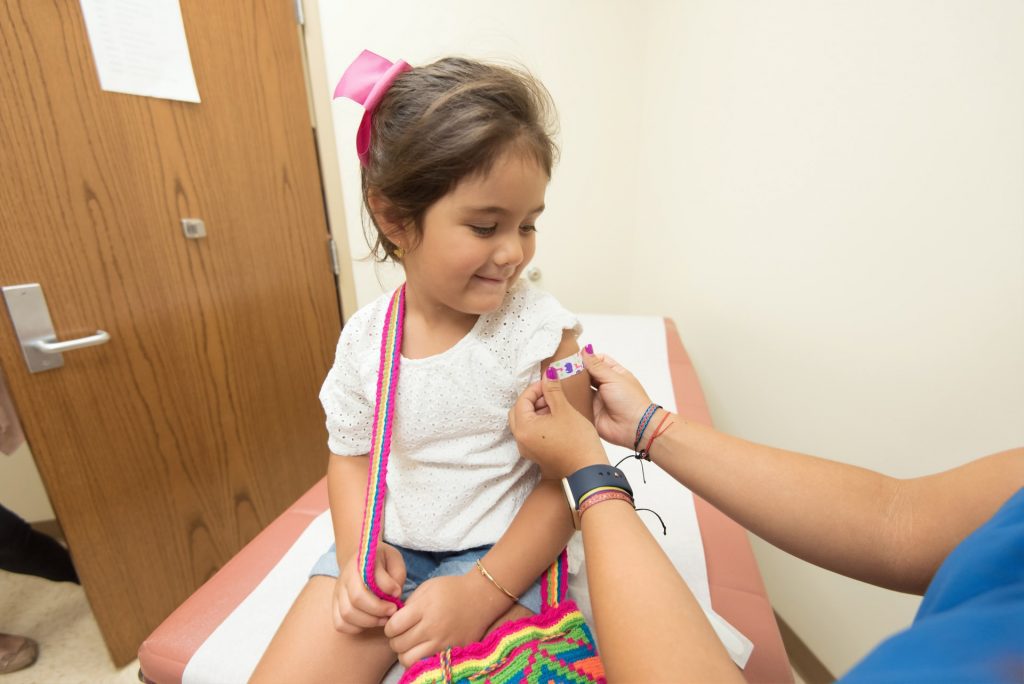
Make sure to get the next fastest appointment possible, if you happen to miss out on any of your child’s vaccination doses.
What Should You Do If Your Child Missed A Vaccination Dose
Some circumstances, like the COVID-19 pandemic, are surely not in our control. Delayed vaccination of your child might also be a consequence of this that you couldn’t control. This doesn’t mean that you should skip that vaccination for your child altogether. Instead, experts have recommended catch-up vaccinations for such circumstances.
Catch-up vaccinations are administered to people who have previously not been vaccinated or have missed a scheduled dose of a vaccine. This solution provides optimal protection against disease as quickly as possible by completing an individual’s vaccination schedule in the shortest and most effective manner. Not only for your child, but even if it’s you who has missed an important vaccination, you can reach out to your doctor for scheduling a catch-up vaccination.
Additionally, several vaccinations for children are safe to be administered within a certain time frame. For instance, the pentavalent and rotavirus vaccine doses can be administered before your baby reaches 1. So if you do miss an appointment date, contact your pediatrician immediately to find out when’s the next fastest date for the vaccine.
Conclusion
Every parent’s goal is to safeguard their child’s health and wellbeing. Vaccination is one of the most effective ways of doing so. There are enough reasons and facts to back the importance of sticking to a vaccination schedule. You should avoid delayed vaccination at all costs.
But if there are unavoidable circumstances that delay your child’s immunization, then you should consult a doctor at the earliest and figure out the next best appointment for the missed vaccine. Babies and young children are vulnerable to catching infections at a much faster rate. Therefore, getting them vaccinated on time is of utmost importance for the wellbeing of all.
FAQs On Delayed Vaccination – How It May Impact Your Child
What Vaccination Schedules Do We Have In India?
There are 2 main vaccination schedules available in India. One is the National Immunization Schedule or NIS, which is recommended by the Government. The vaccines in the NIS are all mandatory for every child in India and are available free of cost by the government.
The other schedule is the IAP or the Indian Academy of Pediatrics immunization schedule. It has the mandatory vaccines as the NIS recommends, as well as some additional vaccines that are available in the country but have not been made mandatory yet. You can choose to follow the immunization schedule that best suits you.
Is It Important To Follow A Vaccination Schedule?
Yes, it is extremely important to follow a vaccination schedule for your child. Whether you choose the NIS or the IAP immunization schedule, it’s important that you diligently follow either one of them for the wellbeing of your child. The schedules recommend the vaccines that are important to build your child’s immunity. This also protects them from a wide array of diseases and infections.
Can The Order Of Vaccines Be Changed For My Child’s Immunizations?
No, changing the order of vaccines for your child’s immunizations isn’t ideal. Thorough research backs the immunization schedules and your child must receive the vaccines as per the timeline the schedule recommends. Young children are particularly vulnerable to catch diseases and infections at a faster rate.
The immunization schedule is put together keeping in mind the wellbeing and protection of every child. That’s also why it’s important to stick to what the schedule recommends and not make changes around the timeline.
When Does A Child Get Their First Vaccine?
As per the immunization schedules available in India, every child receives their first vaccine dose at birth itself. BCG (tuberculosis vaccine), OPV 0 (Oral Polio Vaccine), and Hep B (Hepatitis B vaccine) are the first 3 vaccines that every child receives at birth. From then on, children should receive age-wise vaccines as the immunization schedules recommend.

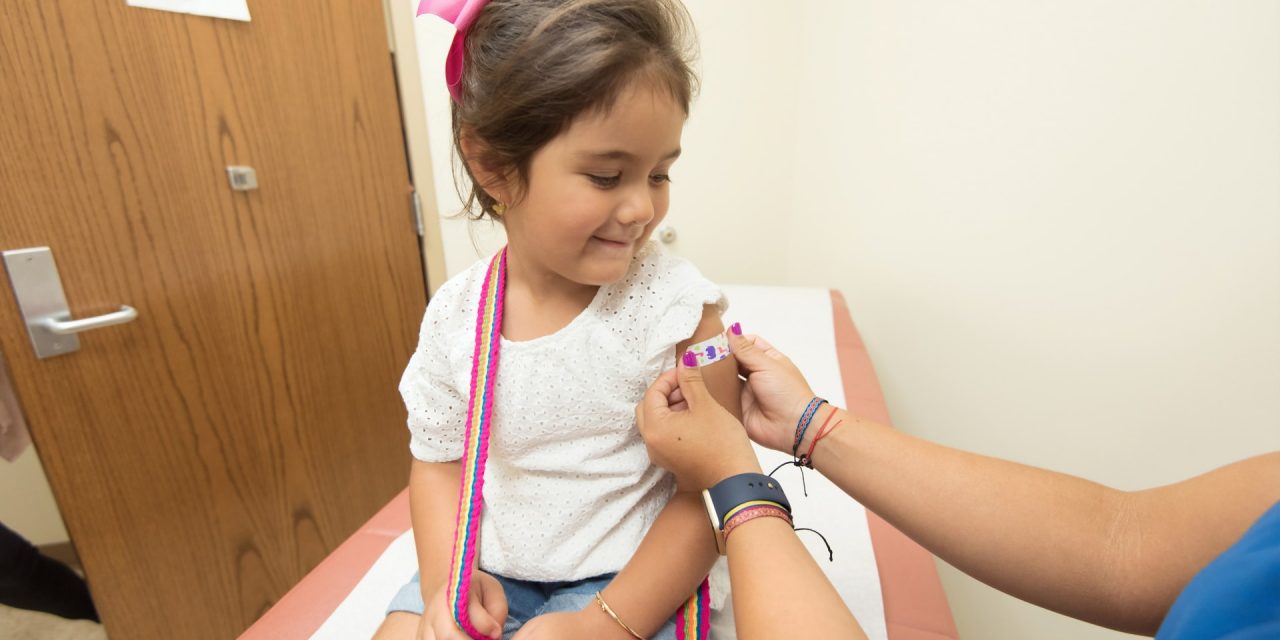
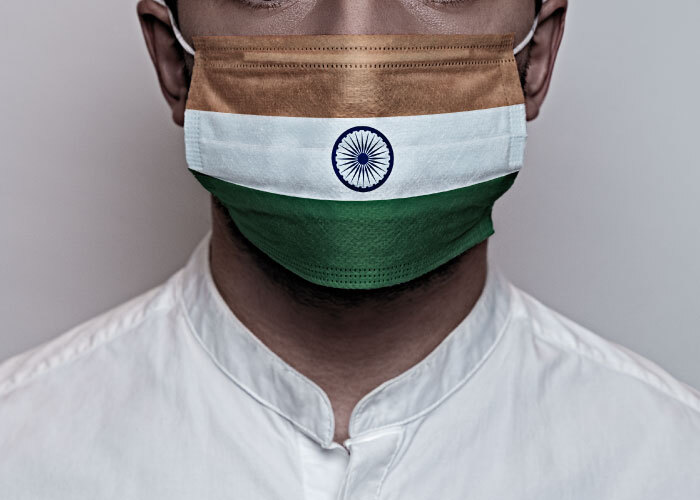
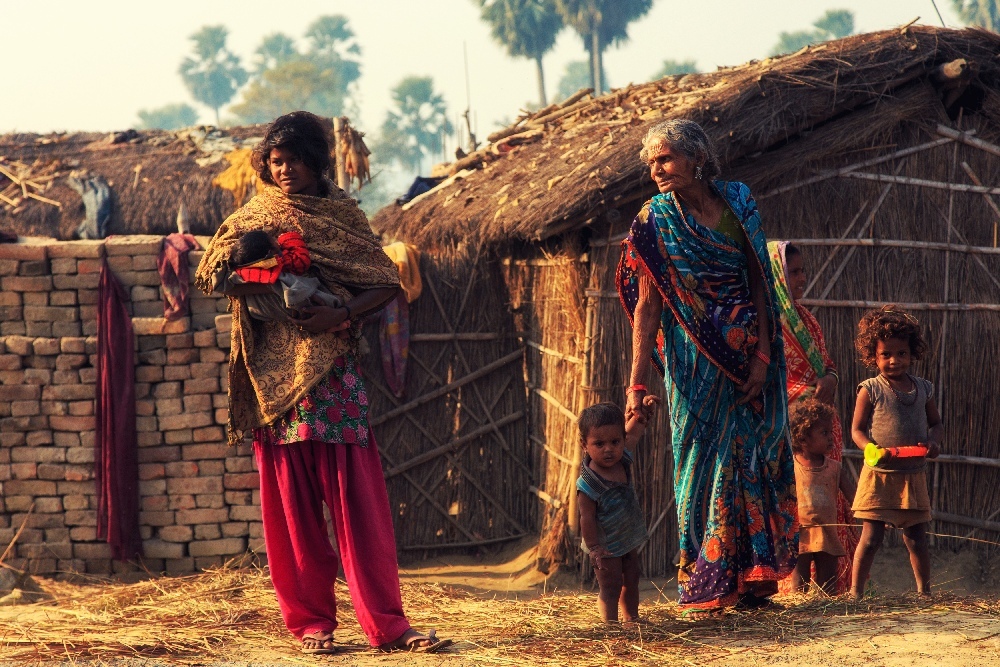



I’m glad you explained how you’d put your child at risk of developing a disease by missing their vaccination schedule. The other day, I visited my sister and asked about her daughter’s vaccinations since summer school’s about to start, but she didn’t appreciate my questioning, so I’ll share your article with her right away. Thanks for the tips on kid vaccination and why it’s a must for your little ones.